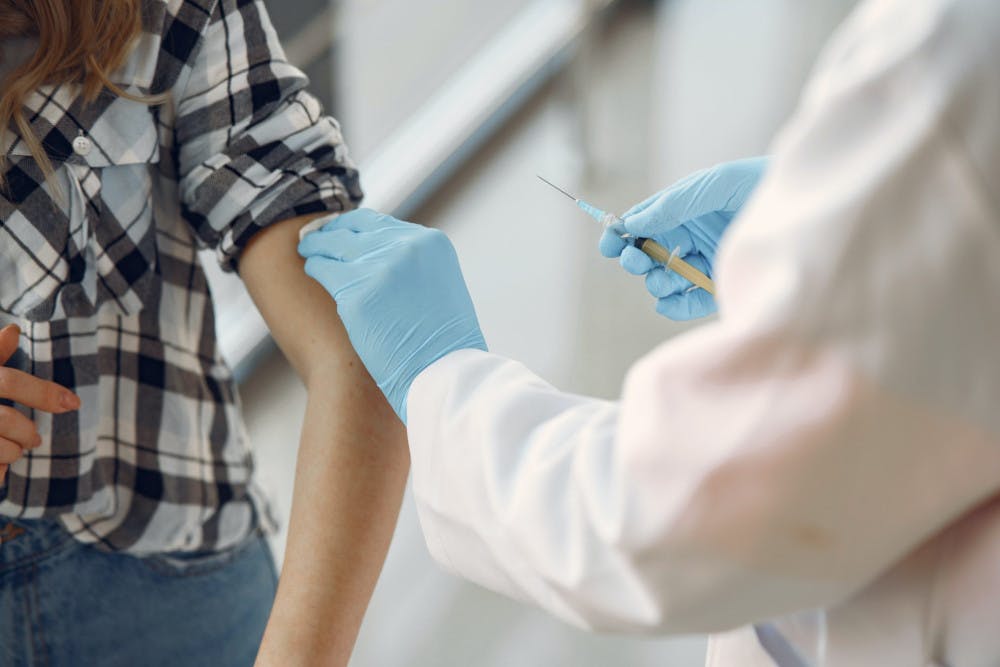Vaccines in the United States are by no means of short supply. Alabama recently threw out thousands of expired COVID-19 vaccines because of the low demand for them. United States officials are trying everything they can in order to vaccinate the public. Arkansas is offering $20 certificates for fishing and hunting licenses to those who get vaccinated. If you’re 12 to 17 years old in Colorado, you could be eligible for a scholarship of up to $50,000. In the US, there are more incentives to getting the vaccine than just protection against the raging coronavirus, a luxury other countries don’t have.
One of the challenges facing the distribution of the vaccine is where companies are producing them. American biotech company Moderna created one vaccine. Moderna is said to produce a vast majority of their vaccines in Cambridge, Massachusetts. Countries with money and good relations to the United States, like Canada and the United Kingdom, were some of the first in line to gain access to the Moderna vaccine. Individual countries also have to go through their own laws and regulations and decide whether to approve a vaccine for use.

One particular vaccine looks like it could be the one to take world stage as a global vaccine, and it’s produced by AstraZeneca. The vaccine was developed by the SwedishBritish drugmaker in partnership with the University of Oxford.
In order for a vaccine to become a global vaccine there needs to be large scale production across the globe as well as trade routes to circulate the vaccine. AstraZeneca vaccines are set to be produced in Germany, Belgium and India’s Serum Institute, which is the world’s largest vaccine manufacturer.
Even so, countries around the world are facing vaccine shortages. Countries like Brazil, Zimbabwe, Haiti and Afghanistan are having trouble getting vaccine shipments and distributing them to their residents. Brazil was able to procure vaccines from China by striking a deal with Huawei. Huawei is a Chinese telecommunication company and was previously barred from taking part in Brazil’s rollout of 5G. After the deal, Huawei was allowed to take part in Brazil’s 5G market in exchange for their Sinovac and Sinopharm vaccines. Some would call this exchange vaccine diplomacy, using vaccines as leverage for more favorable geopolitical positions. It is hard to say no to
a country with vaccines when one’s residents are sick.
The United States has remained somewhat possessive over their doses. The United States has managed to donate
vaccines to Bangladesh and South Korea but faces legal hurdles when attempting to donate to countries like India. Vaccine companies are still in control when it comes to distribution and aid.
Even though India is producing more vaccines than any other country, they still struggle getting access to vaccines because they must order the vaccine doses from companies like AstraZeneca as do other countries. The vaccines produced in India are also not recognized the same as those made in Germany or Belgium. Europe’s vaccine passports don’t include India’s production of the AstraZeneca vaccine. Even if someone were to get vaccinated in India with the AstraZeneca vaccine, they would not be treated the same as someone who got the same vaccine produced in Germany. There is inequality not only in the distribution of vaccines, but the treatment of vaccines produced in non-Western countries.
Vaccine diplomacy has highlighted the difference between wealthy Western countries’ access to vaccines compared to other countries. The United States is throwing away vaccines while others in other countries wait in line for a vaccine that may not be promised. Residents of these struggling countries suffer because of poor infrastructures. Hospitals in
Haiti might get vaccines, but with poor infrastructure and rural communities they might not see widespread success with vaccines.

But something that countries have learned throughout this pandemic is that when one country suffers with Covid19k so do other countries. If the United States can vaccinate their own population and help other countries that lack the capacity to produce vaccines, the end of this pandemic could be on the horizon.







